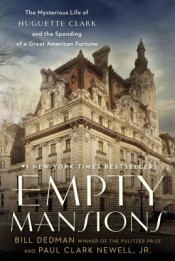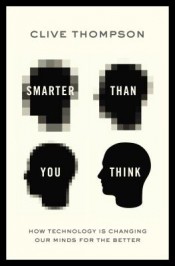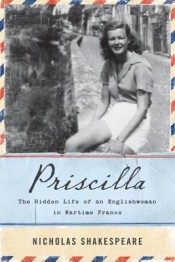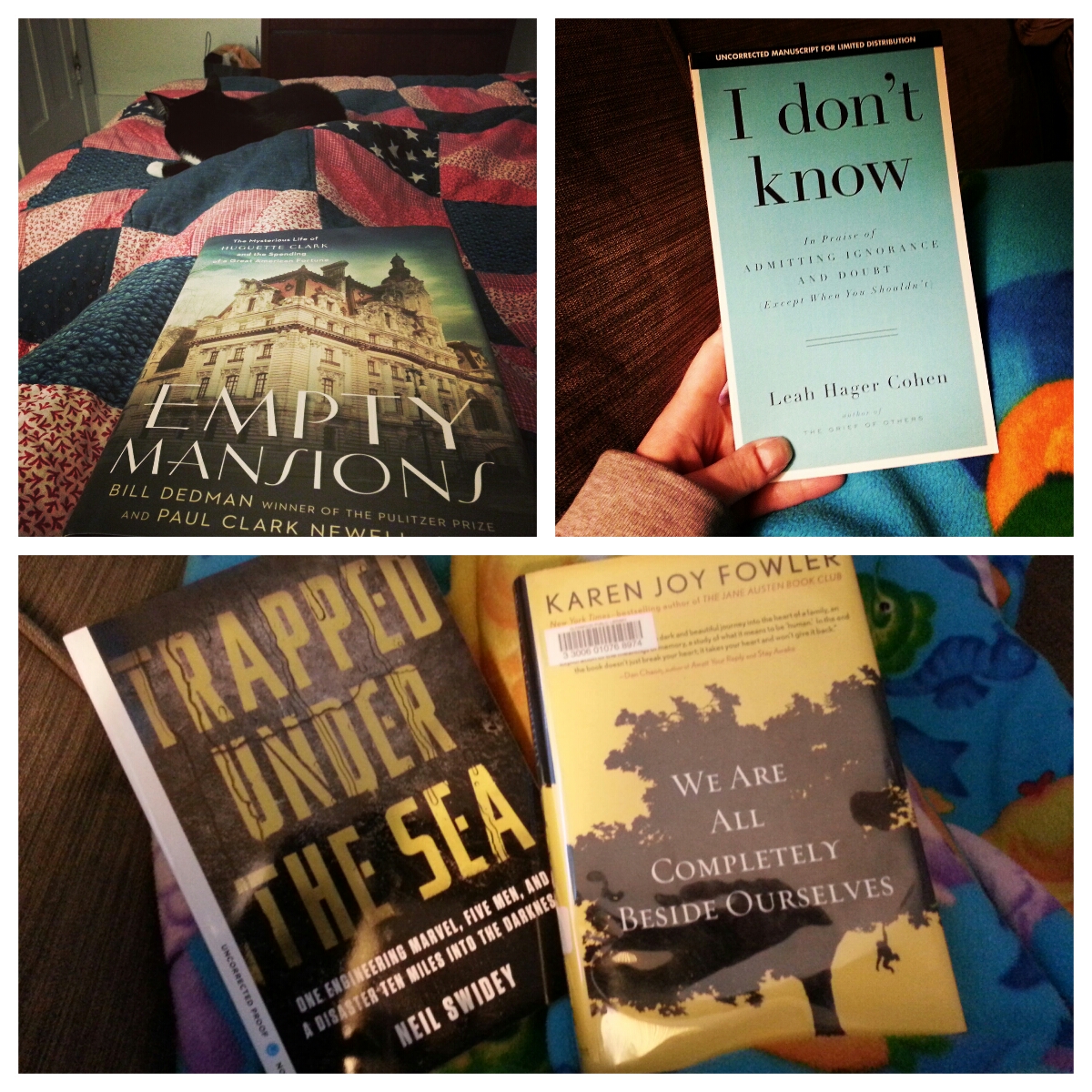Title: Empty Mansions: The Mysterious Life of Huguette Clark and the Spending of a Great American Fortune
Authors: Bill Dedman and Paul Clark Newell Jr.
Genre: Nonfiction
Year: 2013
Publisher: Ballantine Books
Acquired: Christmas present!
Rating: 




Review: Apparently I’m on a kick reading books about rich people with big houses. In the last few weeks I read and adored both Empty Mansions by Bill Dedman and Paul Clark Newell Jr., the subject of this review, and The Secret Rooms by Catherine Bailey, which I think I’ll write about next week. I think there’s another crazy rich people book on my shelves somewhere, but at the moment I can’t remember which one and I’m feeling too lazy to go digging. C’est la vie.
Journalist Bill Dedman stumbled across the first pieces of the story told in Empty Mansions in 2009 when he discovered a grand Connecticut home for sale that had sat empty for almost 60 years. Dedman learned that the home was owned by reclusive heiress Huguette Clark who also owned enormous, unoccupied homes in New York and California. Despite her beautiful estates and vast wealth, Huguette spent the last 20 years of her life living in a hospital room, communicating with a few close friends over the phone while sending her lawyers on scavenger hunts for rare antique dolls and valuable paintings.
Throughout her life, Huguette was an extravagant gift-giver, sending checks to friends, acquaintances, and near-strangers when the mood struck, including more than $30 million in gifts to her long-time nurse. At her death, a dispute over two wills — one that left her fortune to her estranged family, the other which split it among the lawyers and staff working for her at her death — brought Huguette’s life and eccentricities into the open.
There are many odd, frustrating, and mysterious aspects of Huguette’s story. I think it’s tempting to look at her life and think of all the missed opportunities there were for her. With the fortune she inherited from her father, who made his money in copper during the Gilded Age, she could have done almost anything, yet she decided to shut herself away in an apartment filled with dolls and rare antiques. But Dedman and Newell (one of Huguette’s cousins who kept in contact with her) don’t fall into that trap and instead paint a portrait of a woman who lived life on her own terms, as eccentric as those terms may seem.
More broadly, the story of the Clark family is a wonderful example of the way Gilded Age wealth changed the fabric of American society. Huguette’s father, W.A. Clark, has a rags to riches story that perfectly illustrates the American Dream. Their lives, full of scandal and tragedy and family, are a wonderful lens to explore this period of American history. Add in the mystery of Huguette’s life and death, and you get a darn good read. I can’t recommend this book highly enough.
Other Reviews: Estella’s Revenge | MarysLibrary | Capricious Reader |
If you have reviewed this book, please leave a link to the review in the comments and I will add your review to the main post. All I ask is for you to do the same to mine — thanks!





